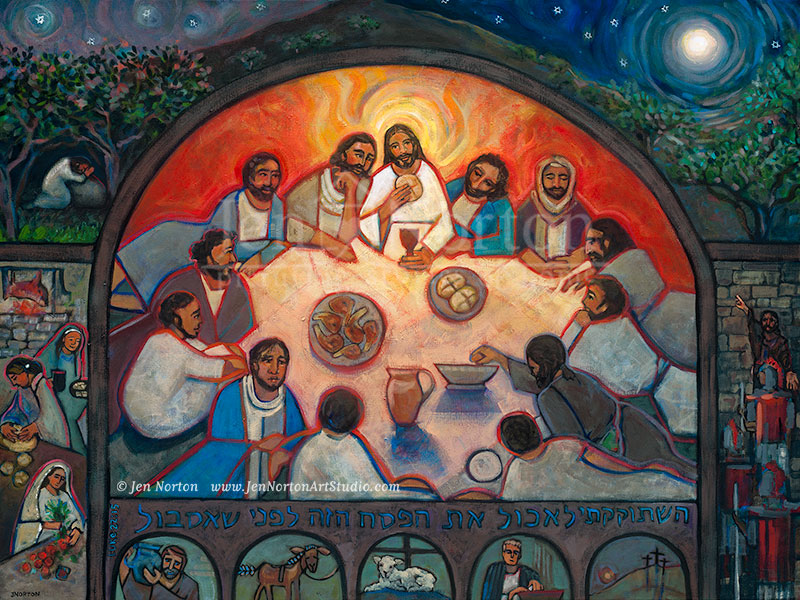
Beyond Language
The preacher approaches the pulpit. The people’s spirits haven’t yet entered the worship; the Spirit of God hovers, waiting to be recognized. The preacher realizes the people need an extra nudge and she reaches for a golden oldie: “God is good all the time!” she calls out and immediately the congregation erupts: “All the time God is good!”
For some—possibly many—it’s an answer that comes as quickly as “You’re welcome” follows “Thank you.” But if we scanned the faces, we might see who’s declaring God’s unfailing goodness with full intention and who’s running on autopilot. And we could discern a fresh touch of Spirit entering their beings (and room), a surge of awe and joy and trust.
God is good all the time. All the time God is good. – This is what we call a “praise trope,” a phrase handed down from generation to generation that touches nerves and demands attention. There is power in praise, something the biblical poets understood all too well. That’s why, although their psalms are predominated by laments, they named the poetry collection Praises (Tehelim in biblical Hebrew).
When a biblical poet crafts a hymn of praise, it’s a breathtaking work. God takes center stage as a source of wonder and jubilation. The praise Psalms declare God’s glory writ large across the universe and brought down to size in human-like attributes. In Psalms the language of praise is remarkably elastic. God is a tower of refuge (61:3), but also a mother hen (36:7); God leads us like a shepherd (23:1) and reigns like a king (97:1). We are awestruck before God and yet we are at ease to speak our minds.
There are moments when psalms swing between these two polarities with such bravado we almost get whiplash. Try to track all the praise set loose in this justifiably famous verse from Psalm 8: “When I look up at your skies, at what your fingers made—the moon and the stars that you set firmly in place—what are human beings that you think about them; what are human beings that you pay attention to them?” The Divine Creator is also the Cosmic Keeper who is also the Caring Attendant.
The tension in moments like this arises from inadequacy of language. God is all of those things. And yet, strictly speaking, God is none of tem, because God is always more than we can convey in speech. Indeed, Psalm 19 lets the heavens and sky proclaim God’s handiwork because there aren’t words to capture its vastness.
So speech is futile. But praise is fertile, because in proclaiming God’s greatness we reach for words that hold tremendous personal meaning. Who is God to you? Proclaim that. (There are no right or wrong answers because there aren’t good enough words for the task.) When we praise we declare and define our faith. When I say, “God is good,” it means something very personal to me. When you say the same, it can mean something very different. Yet we can say it together because inadequacy of language gives rise to perfect—yet distinctive—praise.

We’ll dig deeper into this idea of praise and how it works at our weekly study at Gather. Join us this Thursday evening at 7:30p CDT via Zoom: https://us02web.zoom.us/j/564427274?pwd=WnhETHQ2Rzltc1A2SXFmTnU0ODkwUT09
Meeting ID: 564 427 274
Password: 318652
You can also phone in at 1-312-626-6799, using the same meeting ID and password.
We need your help!
As we think about the future of Gather, please let us know what gifts you bring and would like to share with the community. There are many roles that have to come together to make Gather happen every week. This includes setup, technical support, worship, managing handouts and information, coordinating drinks, and teardown. We need your help. Please let us know what type of service you’d be interested in!
Watch God Work,
Tim & Shea
As we prepare to become a vibrant worshipping community, we invite you to enjoy a Spotify playlist that captures the kind of worship we hope to embrace. Give it a spin while you’re driving. Make it your workout jam. Add it to your devotional time. Most of all, feel yourself becoming part of a sacred village of believers who love their God and one another!
Check out the Gather Worship Playlist here.





